November 23, 2011
1:30pm – 5pm
Intercontinental Hotel, Makati City
Fee: Php 1,500.00 / person (materials and snacks included)
- Early Registration Payment: Ten-Percent (10%) Discount if PAID thirty (30) days before the training date
- Group Discount: Five-Percent (5%) on Three (3) or More Participants
[tabs slidertype=”left tabs”]
[tabcontainer]
[tabtext] About [/tabtext]
[tabtext] Course Outline [/tabtext]
[tabtext] Facilitators [/tabtext]
[tabtext] Bank Details [/tabtext]
[/tabcontainer]
[tabcontent]
[tab]
Abstract:
There is no doubt that Managed Pressure Drilling (MPD) technology will be applied in the near future as the conventional practice to drill what is today defined as undrillable, hazardous and expensive wells. The analysis of several history cases and results obtained worldwide clearly leads to that conclusion.
Managed Pressure Drilling, from the core concept point of view, is a collection of drilling optimization techniques. Those techniques, when correctly designed, planned and applied, will improve the overall drilling performance, mitigate risks and reduce operating costs. That is achieved by proactively managing the hydraulic pressure profile and solving the problems associated with high Non Productive Time (NPT) commonly experienced with conventional drilling practices. This simple concept is what promotes this technology to be the new conventional drilling practice in the near future.
MPD allows faster corrective action to deal with observed pressure variations. The ability to dynamically control annular pressures facilitates drilling of what might otherwise be economically unattainable prospects.
MPD is a step-change technique that increases recoverable assets. It represents an improvement in the overall drilling operation, reducing NPT, enhancing safety conditions and reducing the total drilling cost compared with the common results obtained with conventional drilling practices. A data acquisition display is used for monitoring of the MPD parameters in real-time, which helps in making real time decisions.
This presentation will discuss the process to implement the technology and discuss real results obtained in the Middle East region and worldwide, lessons learned and the range of opportunities this technology has created.
Who must attend:
Engineering and Petroleum Enginneers, Consultants, Environmental Practitioners, Health and Safety Officers, Planners, Technicians and Oil/Gas Service Contractors
[/tab]
[tab]
Course Outline
- Session 1: Investigation and Remediation of Petroleum Hydrocarbons by Robert Kurkijan, PhD
- Petroleum Hydrocarbons
- Chemical composition
- Contaminant phases
- Vapor phase
- Adsorbed phase
- Dissolved phase
- Non-aqueous: free phase and residual
- Field Investigation Techniques
- Drilling methods
- In-situ sampling techniques: soil, groundwater, soil vapor
- Cone Penetration Testing
- Direct Sensing tools for site characterization
- Laser Induced Fluorescence / UVOST
- Membrane Interface Probe
- Bulk Petroleum Storage Facility – Case Study
- Subsurface Investigation
- Light non-aqueous phase liquids
- Dissolved contaminants
- Site Conceptual Model
- Petroleum and Chemical Storage Facility – Case Study
- Chlorinated solvents and petroleum hydrocarbons
- Subsurface Investigation and delineation
- Dense non-aqueous phase liquids- discussion and issues
- Remediation Techniques and Project examples
- Monitored Natural Attenuation
- Excavation and disposal (landfill requirements)
- Thermal desorption
- LNAPL recovery- passive and active
- Soil vapor extraction
- Chemical oxidation
- Reductive dechlorination
- Petroleum Hydrocarbons
- Session 2: Managed Pressure Drilling: Drill the Un-Drillable by Hani Qutob (Well Engineering Centre Engineering Centre of Excellence – WECOE
- Main issues associated with Managed Pressure Drilling.
- How MPD fits into reservoir conditions and field development cycle.
- Where can MPD technology be applied?
- MPD Parameters / equipment, Variations and applications
impact on well cost, productivity and performance. - Case Histories obtained worldwide.
[/tab]
[tab]
Dr Robert Kurkijan and Hani Qutob
Dr. Robert Kurkijan is a Program Manager and Principal Scientist at an international environmental engineering firm based in Los Angeles, CA. He received his Ph.D. in Earth Science (Geochemistry) from the University of California. Dr. Kurkjian has more than 20 years of experience conducting complex subsurface environmental investigations, evaluating surface and ground water resources, remediating soil and groundwater, and managing hazardous wastes.
Dr. Kurkjian has worked on a variety of projects involving extensive regulatory interactions pertaining to toxic substances, air and water quality, permitting, and compliance issues. He has led numerous environmental investigation projects involving petroleum hydrocarbons, volatile organic hydrocarbons, PCBs, and metal contamination. Dr. Kurkjian provides litigation support, expert technical review, and strategic planning regarding environmental impacts and land/resource management for Brownfields with multiple responsible parties. He manages multi-million dollar projects for a variety of municipalities, private firms, and government agencies.
Engr Hani Qutob is the Reservoir Engineering Manager for Weatherford “Well Engineering Centre of Excellence” – Middle East and North Africa. Before holding this position, He served as the Principal Advisor – Reservoir Engineering for Weatherford Controlled Pressure Drilling & Testing (CPD & T). Hani has 30 years of diversified international experience with ADNOC, ADCO, Exxon-Mobil, Shell and Weatherford. Hani Holds a B.Sc. degree in Petroleum Engineering. He is a very active SPE member on the section, region and international levels. He has authored more than 20 technical papers and carried many reservoir studies worldwide. Hani has been the recipient of many awards including the Best Presentation Award for Technical Content” at SAOGE 2008, SPE Regional Service Award in March 2001, September 2004, and the SPE distinguished member Award in October 2005. Hani was an SPE Distinguished Lecturer for the 2007-2008 Season.
[/tab]
[tab]
Banco de Oro (BDO)
Account Name: AGUILA GROUP COMPANIES (AGC) DEVELOPMENT CORPORATION
Account Number: (Peso) 00 222 800 0844
Bank Address: East Mansion Townhouse, Elisco Road, Sto Rosario, Pateros
[/tab]
[/tabcontent]
[/tabs]

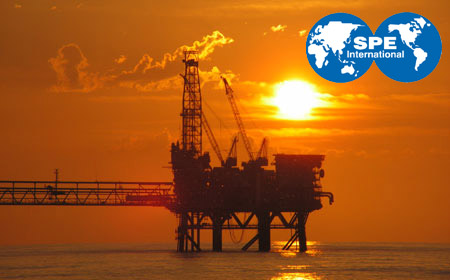
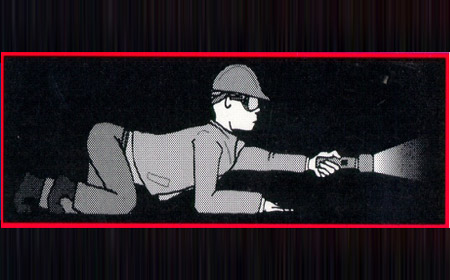
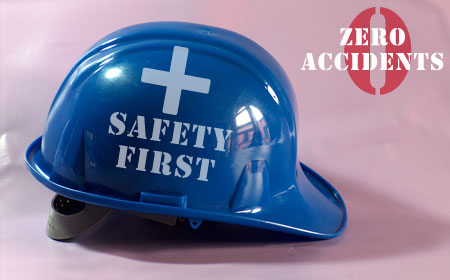
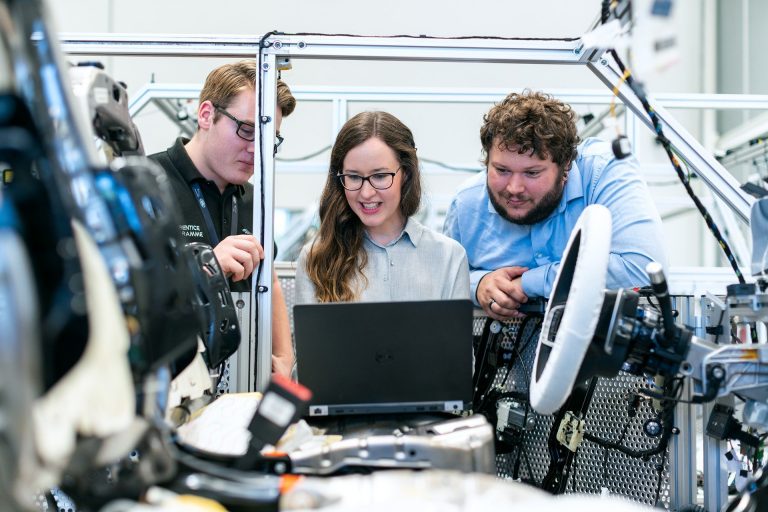


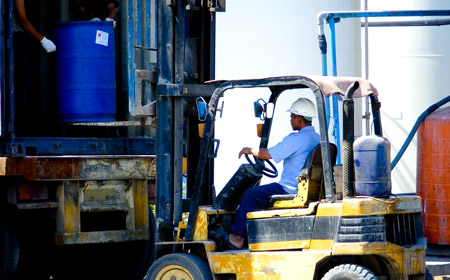



+ There are no comments
Add yours